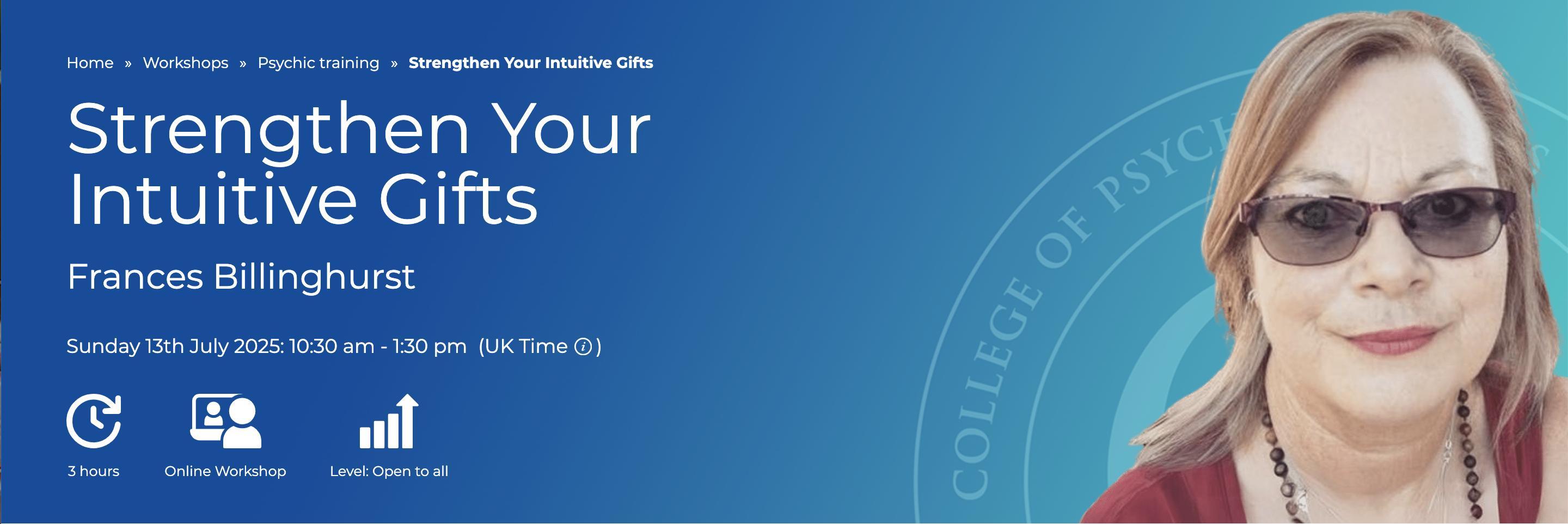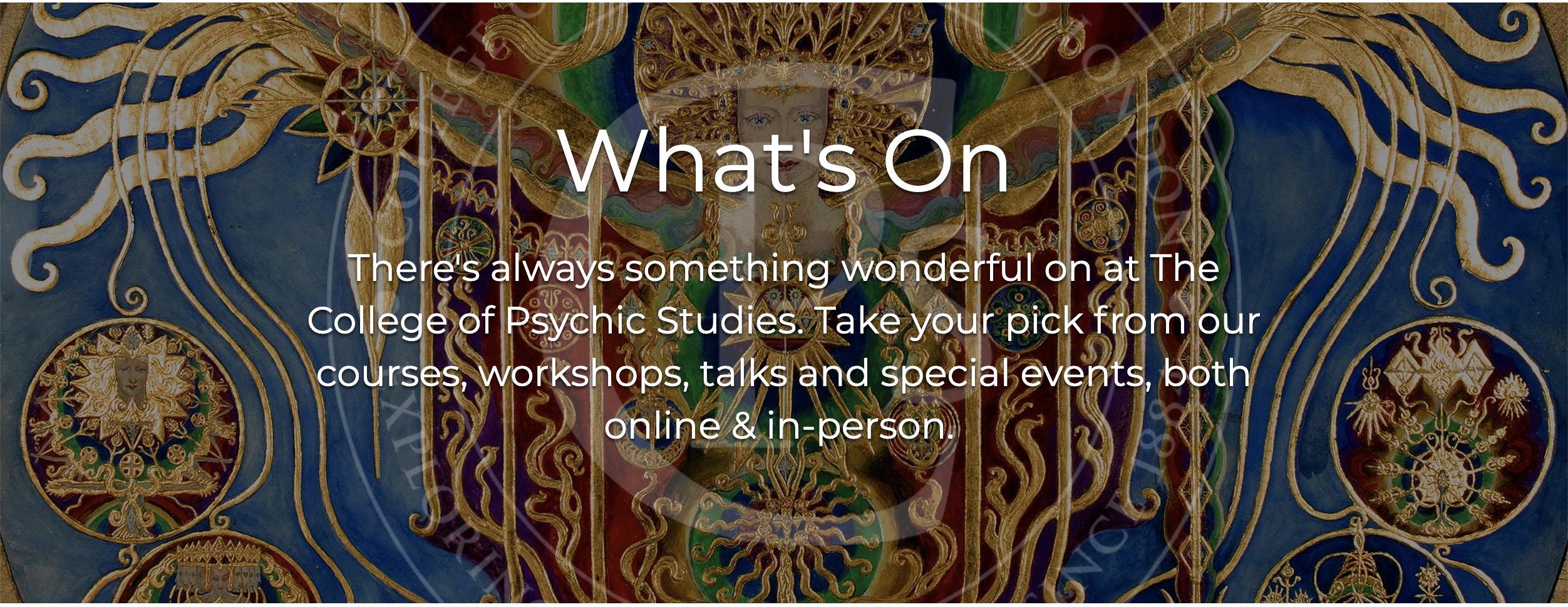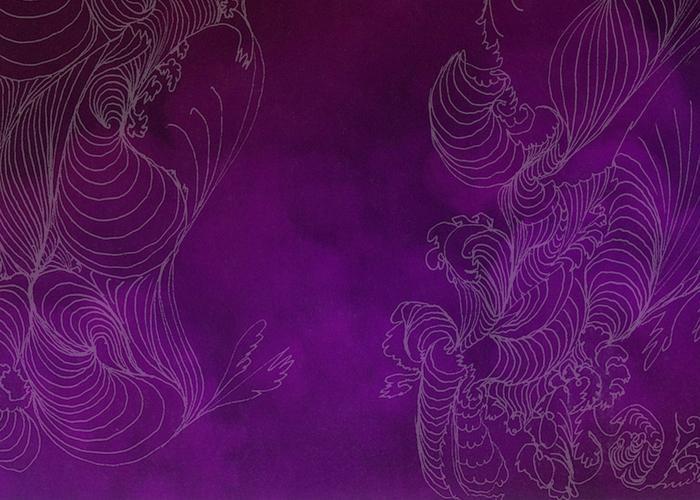In his book, The Psychology of the Transference, psychoanalyst Carl Jung says that 'intuition gives outlook and insight; it revels in the garden of magical possibilities as if they were real.' Our world seems to be filled with so many distractions these days that it is so easy to lose track, or indeed even lose touch, of what truly matters. Added to this, as artificial intelligence increasingly invades our reality, I am finding an increasing need to return to and rely upon my own intuition, my own inner compass, to assist in guiding me through the confusion ~ both internally as well as externally. Here are four ways that Carl Jung believed we can strengthen our intuition:
Cultivate an active imagination
A technique that Carl Jung himself used and encouraged is a form of meditation where you let your mind wander, exploring images, thoughts and scenarios as they arise. This technique helps you to connect with your inner conscious and allows your inner thoughts to come forward without judgement.
Set aside some quiet time and allow your mind to visualise a scene or question that has been on your mind. Allow your mind to explore that scene and pay attention to any images or emotions that arise. Engage with them as if they were real and see where your imagination takes you.
Interpret your dreams
Carl Jung believed that dreams are a direct link to the unconscious mind, where our minds process hidden thoughts and emotions. It follows, therefore, that we should pay attention to our nightly adventures as a key to understanding our waking ones.
Keep a dream journal by your bed to record any dreams or fragments of dreams as soon as you wake up regardless of how random they may appear. Recurring themes and symbols may appear over time hinting at unconscious emotions or hidden desires that you may not have been aware of.
Use your journal to problem-solve
When you write freely without censoring or overthinking, your subconscious mind has a chance to express itself. So our journal is not simply a place for us to make sense of the world, to record our thoughts, to express our deepest throughts and desires. It is also a place to work things through.
Begin your writing session with a problem that you are facing, a decision you need to make or even a feeling that you cannot quite understand. Write whatever comes to mind even if it does not make immediate sense. And then keep writing. Often intuition reveals itself through patterns or throughs that you may not have expected.
Meditate, meditate, meditate
Meditation creates a mental space where intuition can surface without distraction. In moments of quiet stillness, you are more likely to hear the subtle quiet voice of intuition that often gets drowned out by the noise of everyday life.
Set aside 10-15 minute each day for a simple meditation session that focuses the breath, letting go of any thoughts or distractions as they may arise. Over time you will start to notice that your intuitive insights become clearer and more frequent.
"Your mind knows only some things. Your inner voice, your instinct, knows everything. If you listen to what you know instinctively, it will always lead you down the right path." – Henry Winkler
Map practical ways to build your intuition
If strengthening your intuition through more practical means is something that you are interested in, I am offering a three-hour workshop on Sunday 13 July 2025, that focuses on how to use your internal compass as a guiding force to remain connected to your psychic truth. This online workshop will also be recorded so if the London UK time does not suit, you will still discover informative ways that will enable you to connect more deeply with the subtle ebb and flow of the universal energies.

See what's on at The College of Psychic Studies:

Join our newsletter to keep in touch with The College of Psychic Studies.




